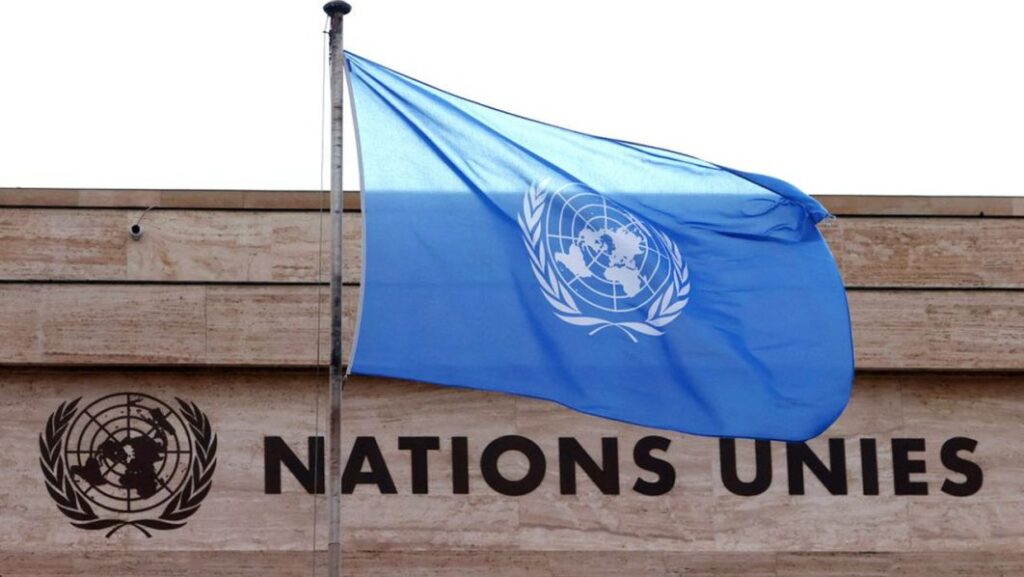The United Nations is facing a severe cash crunch that has forced it to implement hiring freezes, cut services, and scale back spending, as member states fall behind on their financial obligations.
In an urgent appeal during Monday’s session of the General Assembly’s Fifth Committee tasked with managing the world body’s financial matters, UN officials warned that the worsening funding gap is putting critical global operations at risk. Delegates worldwide gathered to confront the growing crisis and called on member states to settle their outstanding contributions.
According to officials, the UN is currently owed a staggering $2.4 billion in unpaid regular budget contributions, along with $2.7 billion in peacekeeping dues. The resulting liquidity strain, they cautioned, threatens the organisation’s capacity to carry out the mandates entrusted to it by the international community.
“This is not just a budget issue, it’s a credibility issue,” said Switzerland’s representative, speaking on behalf of both Switzerland and Liechtenstein. “Every hiring freeze, every delayed payment, every cancelled initiative chips away at trust in our ability to deliver on the promises we’ve made.”
To help cushion the blow, one potential solution floated during the meeting was a proposal to allow the UN to retain unspent funds at the end of each fiscal year. Currently, even if contributions arrive late in the year, any unspent money must be returned to member states as credits. Allowing the UN to temporarily keep those funds could create a financial buffer, especially critical during the early months of the year when contributions tend to lag.
Delegates also voiced support for early use of “special commitments”, a form of emergency funding designed to bridge operational gaps caused by delayed payments.
Despite some backing for such stop-gap measures, several countries underscored that they do not address the underlying problem: the persistent late or non-payment of dues. Delegates from Norway, Kazakhstan, and the United Kingdom were among those who urged their counterparts to commit to timely contributions and to support broader financial reforms.
Norway noted that without systemic change, the organisation would continue to cycle through temporary fixes. The European Union echoed this, stressing that the crisis was not theoretical but already impacting operations in tangible ways. It warned that the burden should not be disproportionately borne by countries that fulfil their obligations promptly.
Singapore, speaking on behalf of the Association of Southeast Asian Nations (ASEAN), described the UN’s liquidity issues as having become “alarmingly routine.” It pointed to recent cost-saving measures at the UN Economic and Social Commission for Asia and the Pacific (ESCAP), which was forced to suspend travel, freeze hiring, and even shut its offices for three months.
One of the most troubling aspects raised during the meeting was that over half of the unpaid contributions were attributed to a single country, widely understood, though not explicitly named, to be the United States. Under the administration of former President Donald Trump, the U.S. reportedly withheld funds for political reasons, exacerbating the UN’s financial difficulties.
Russia, while calling for urgent action, also urged greater transparency in how the UN implements its cost-saving measures. Moscow warned against unilateral decisions made by UN management without consulting member states.
UN lists progress
Catherine Pollard, the UN’s Under-Secretary-General for Management Strategy, Policy and Compliance, noted some progress. As of May 9, a few countries had fully paid across several budget lines. However, she confirmed that only 61 member states had fulfilled all their regular budget obligations by May 19, a figure far short of what’s needed to maintain smooth operations.
Pollard emphasised that continued delays in funding threaten the UN’s ability to carry out its global mission, especially in regions facing conflict, humanitarian crises, or climate emergencies.
The message from Monday’s session was clear: unless member states step up and meet their financial responsibilities in full and on time, the UN’s capacity to deliver vital services around the world will be severely compromised.



